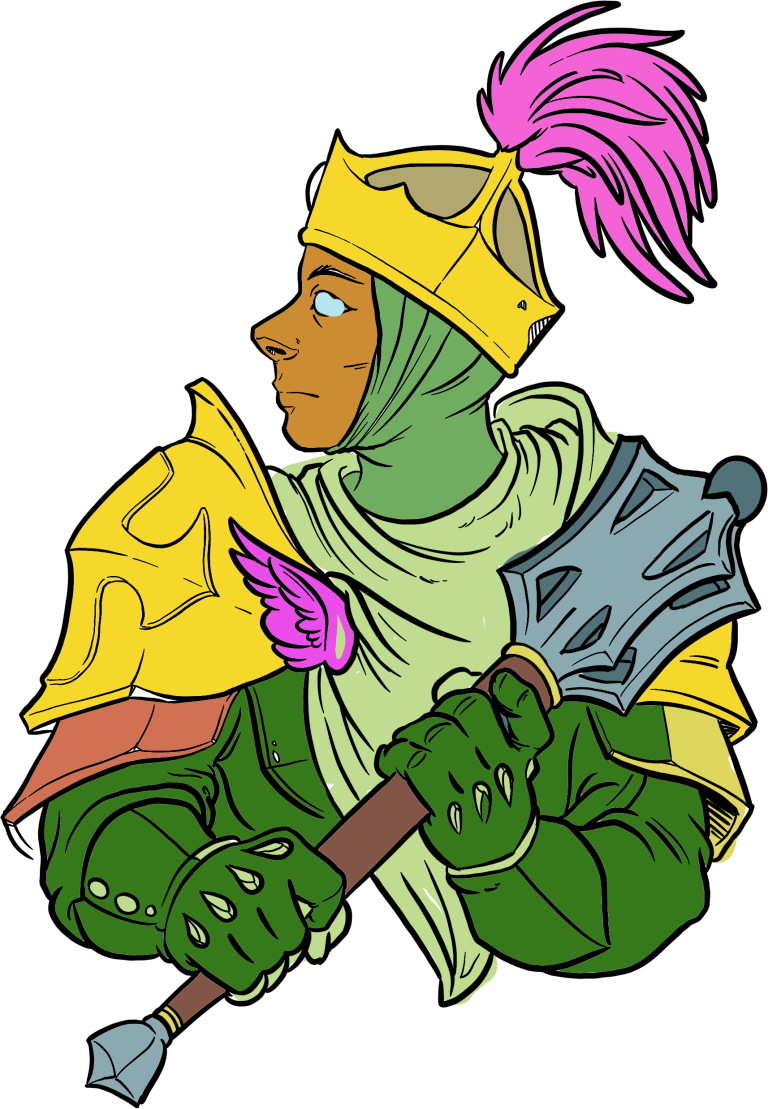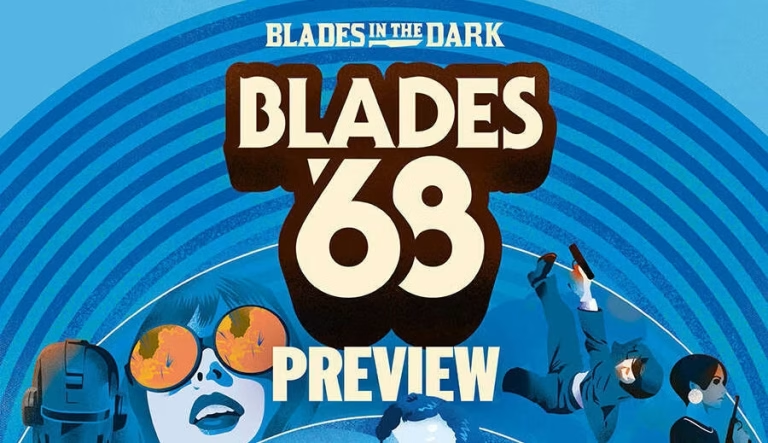By Shadomain Staff
TTRPG Random Thoughts is an occasional feature that collects some ideas and opinions about role playing games – things that don’t warrant an entire article but are still worthy of note. Here’s our thoughts for today:

Dungeon economics
I see a lot of GMs, particularly newer GMs, asking for lists of how much items should cost in shops – everything from mundane items like a meal at a tavern or a wagon to common or rare magic items. Whether your fantasy cities have shops that sell magic items is up to you as the GM of course as it does have an important effect on the feel of your fantasy world. It may not sound particularly helpful, but these item costs are entirely relative to the economics you’ve established in your adventures. For instance, how much a Wand of Enemy Detection costs might depend on if raiding that goblin lair yielded 25 gold pieces or 250 gold pieces.
Some game rule books do have lists, but even then you might need to adjust for your own campaign. If your player characters have been successfully adventuring for a while and have a decent amount of gold, think about whether you’d like them to be able to buy a +1 dagger or if that’s something rare that requires a quest to acquire. The point is to not let a list at a store change the texture of your campaign – item costs are another thing you have control over to help set the tone of your world.
Make something good, not unique
This is general advice targeted at those creating adventures, games and other RPG supplements. It might also apply to other creative fields, but your mileage may vary. The idea is that if you have an idea for a cool setting, say a Victorian era setting but magic is real, don’t be discouraged if you find another setting with a similar theme. If you like the idea, others might as well. It’s usually true that “there’s nothing new in the world”. Your idea doesn’t have to be unique for people to want to play or use it, it just has to be good. That has as much to do with writing, art, design, playtesting and editing as anything else. Just strive to make something good.
Multiclassing was (in 2014) an optional rule
This is just a note for those Dungeons & Dragons (2014 fifth edition) players who might not be familiar with the rulebooks, even if they are used to most of the mechanics. D&D is one of many TTRPGs where PCs are divided into classes, and those who prefer skills based games might use that as a criticism. A common defense of D&D is that you are free to create a PC with levels in several classes, however in the 2014 Players handbook multiclassing was listed in a section titled Customization Options. Like feats, of course, most DMs allow it and it’s part of the core game in 2024, but it’s a detail that’s often overlooked.
There’s no right way to play
Ok, this one might be obvious, but it’s not a bad idea to just say it out loud (or here in text) once in a while. I have a lot of opinions about ways to play TTRPGs, but I try to phrase any advice as “I like doing it this way”, instead of “This is the way the game should be run.” The games I favor has changed a lot over many years, but that doesn’t mean there’s anything wrong with players who prefer other sorts of games. It’s something I have to remind myself all the time.
Converting between games
When people move to a different game system there’s a lot to learn, and hopefully that’s fun. Learning to run new game systems can mean a GM wants to convert an adventure, creature, or power from a previous game to a new game system. Thinking of this as a “conversion” can become a trap, as most TTRPGs are defined by philosophy and tone as much as by combat mechanics. For instance, if you’re converting a creature from Pathfinder to Call of Cthulhu, it’s worth remembering that Pathfinder is a heroic fantasy game, while Call of Cthulhu is a survival horror game. Of course any game can tell any story, but there’s an underlying philosophy to each, which is worth remembering when making a version of that creature for a new game system. Likewise, converting an adventure from D&D 5e to Cypher System isn’t just adjusting the monster stats. An adventure in the Cypher System depends on things like Game Master Intrusions and finding different sorts of Cyphers regularly.
What do you think? Did we miss something? Let us know in the comments!





